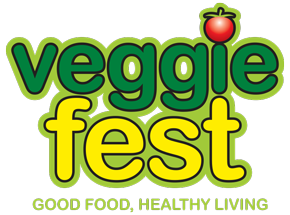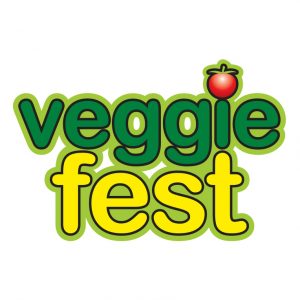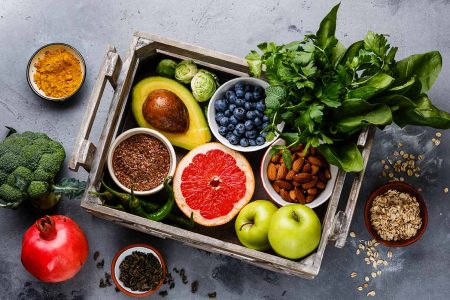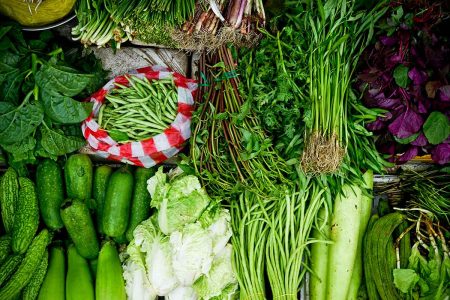Ever since the pandemic swept into our lives, daily routines have been altered out of necessity. We’ve learned to adapt to social distancing, wearing a mask, and spending more time at home. During this sea change, many of us have taken comfort in watching movies and TV.
If you find yourself in this situation and are looking for entertainment that is also educational, I’d like to recommend the Making Sense with Sam Harris podcast (#244 – Food, Climate, and Pandemic Risk).
I found this episode particularly appropriate for the month of April, when we honor Earth Day and Arbor Day. In a thoughtful and inspiring discussion, Sam and his guests speak about the threats facing our shared home, and what we can do to make a difference.
We typically associate Earth Day with efforts to keep our planet clean, with the recycling movement, and with the development of renewable energy sources. While these are all worthwhile and necessary goals, this podcast shines a light on something much closer to home: our diet.
How does what we eat affect the health of the planet? I’d like to share a few eye-opening points from the conversation:
Inefficiency of animal protein vs. plant protein
It takes 9 calories from plant food to produce 1 calorie of chicken meat. The number is even worse for beef and pork. This means that raising chickens requires 9 times the land mass, 9 times the water, and 9 times the pesticides than what we would need to yield the same number of calories from vegetables and legumes. According to the United Nations, the inefficiencies of animal food production contribute to 14.5% of all human caused climate change. With limited resources and a world population of 8 billion and growing, we are on an unsustainable path.
Animal agriculture and pollution from factory farming
In order to mass produce animal protein to meet the world’s demand, we’ve developed “factory farming,” with animals confined in feedlots for the majority of their lives. Cramped indoors and fed an unnatural diet of mostly corn and soy, they contract various illnesses and are kept alive by a steady stream of antibiotics. The crowded conditions produce a terrible amount of greenhouse gasses from animal waste that ends up contaminating local waterways.
Connection of animal foods to future pandemics
I was shocked to learn that over 70% of all antibiotics produced in the world are used on animals. And if you’re eating meat, these antibiotics end up on your plate. This could lead to human antibiotic resistance and the end of working antibiotics. According to the U.N., consumption of animal meat is the most likely cause of the next pandemic.
The solution? Plant-based foods
With such a wildly inefficient system, why not simply cut out the middleman and go straight to the plant food source? This is exactly what Sam Harris and his guests suggest will contribute to preserving the world’s ecology.
The question is, how to convince billions of meat-eaters to change their deeply set habits? One of my favorite points of this podcast is the guests’ strategy to take the line of least resistance. Rather than convincing the world to make a strict dietary lifestyle change, we need to create plant-based food products that taste as good or better than their animal counterparts, while costing the same or less. And the good news is this is already happening. Meat alternatives are popping up in grocery stores everywhere and have even reached the menus of several fast-food chains.
How can you make a difference?
While the best bet is to adopt a plant-based diet, even eliminating meat consumption one or two days a week will make a significant impact in reducing our environmental footprint. We can cast our vote for the health of the planet by purchasing fruits, veggies, legumes, nuts and seeds, and alternatives to animal foods at the grocery store. More and more food producers will then rise up to meet the demand for a healthier, more sustainable future.
As Albert Einstein said, Nothing will benefit human health and increase the chances for survival of life on Earth as much as the evolution to a vegetarian diet.
–Brian Waterloo for the Veggie Fest Team
A sales manager, long-time meditator, and advocate for plant-based eating, Brian Waterloo lives with his wife in the Chicagoland area.







